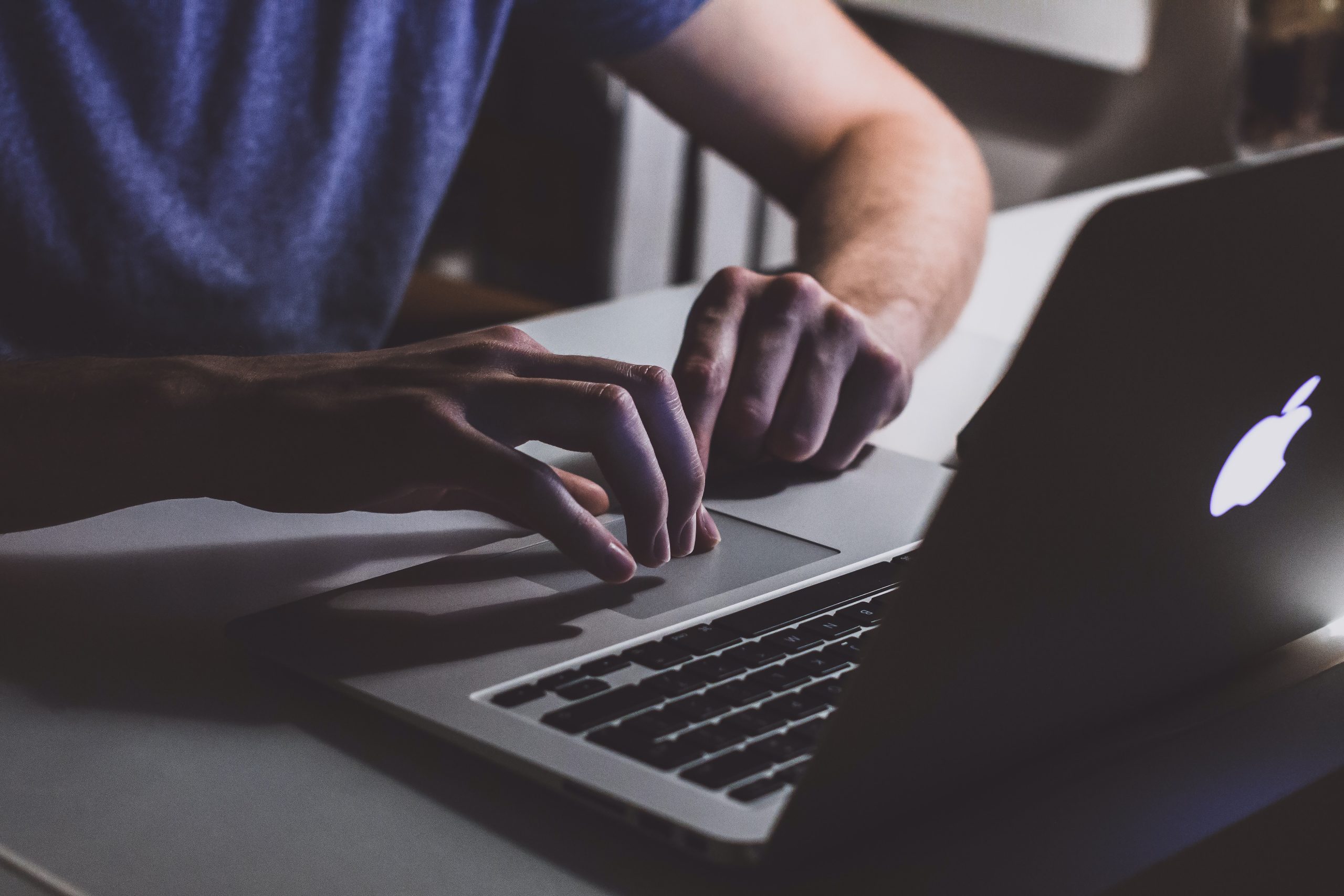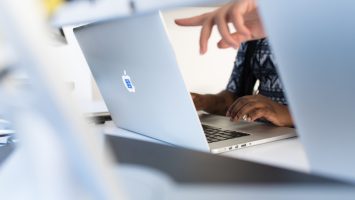In the realm of artificial intelligence, questions of ownership and intellectual property have become increasingly pertinent. With advanced models like ChatGPT capable of generating complex and creative text, a fundamental query arises: Who holds the rights to the code produced by these AI systems? This article navigates through the intricate intersection of AI-generated content and copyright law, shedding light on the challenges and implications that arise.

Contents
The Nature of AI-Generated Content
ChatGPT, powered by models like GPT-3.5, is a prime example of the remarkable capabilities of modern AI. It generates text based on patterns learned from vast datasets, mimicking human-like writing. However, it’s important to note that the generated content is the result of machine learning algorithms and not directly authored by a human.
The Role of Copyright Law
Copyright law traditionally pertains to original works of authorship created by human beings. These works are automatically protected upon creation, granting the creator exclusive rights to reproduce, distribute, and display their content. However, when it comes to AI-generated content, the lines become blurred.
Legal Perspectives on AI-Generated Content
The issue of ownership in AI-generated content is a topic that has yet to be fully addressed by legal systems worldwide. However, there are several prevailing perspectives:
1. Non-Human Authorship
Some argue that since AI-generated content is not authored by a human, it cannot be subject to copyright protection. This view contends that without a human creator, there is no rightful claim to copyright.
2. Human Authorship through Proxy
Alternatively, proponents of this view posit that the human creators of the AI system should be considered the authors of the generated content. In this scenario, AI is seen as a tool or medium through which human creativity is expressed.
3. Joint Ownership
Another perspective suggests that both the human creators of the AI system and the AI itself should share ownership of the generated content. This approach acknowledges the collaborative nature of AI-generated works.
4. AI as a Tool
Some legal systems may view the AI as a mere tool or instrument used by human creators, implying that copyright should vest in the individuals or organizations responsible for designing and implementing the AI.

Industry Responses and Legal Frameworks
As the debate continues, some companies and jurisdictions have taken steps to address this issue. For example, OpenAI, the organization behind ChatGPT, has stated in its usage policies that users of the platform own the content they generate. However, this stance is not legally binding and may not be universally recognized.
In terms of legal frameworks, countries are beginning to grapple with the complexities of AI-generated content. For instance, the European Union is considering proposals to grant limited copyright to AI-generated works, with the condition that a human played a significant role in their creation.
Implications for Innovation and Creativity
The question of ownership in AI-generated content has far-reaching implications for innovation and creativity. Striking the right balance between protecting intellectual property rights and fostering a collaborative, innovative environment is a challenge that legal systems must confront.
Furthermore, addressing this issue is crucial for industries that heavily rely on AI-generated content, such as the arts, journalism, and marketing. Determining ownership rights can provide clarity for creators and users of AI-generated works, fostering a more transparent and legally sound environment.
The Need for Clear Legal Guidelines
To navigate the intricate web of AI-generated content and copyright law, there is an urgent need for clear legal guidelines and international standards. These guidelines should address questions of ownership, attribution, and the responsibilities of both AI developers and users. Establishing a framework that outlines the rights and obligations of all parties involved will not only provide legal clarity but also foster a more innovative and collaborative environment for the continued advancement of AI technology. It is through thoughtful and inclusive legal frameworks that we can ensure that the potential of AI-generated content is harnessed responsibly and ethically in the years to come.
As AI continues to advance, the question of ownership of AI-generated content will remain a pivotal issue. Striking the right balance between recognizing the contributions of human creators and acknowledging the role of AI as a tool is essential for fostering a legal framework that supports innovation and creativity.
Ultimately, the resolution of this complex issue will require collaboration between legal experts, AI developers, policymakers, and the broader community. As we navigate this evolving landscape, we must find solutions that not only protect the rights of creators but also encourage the continued development and application of AI technologies for the betterment of society as a whole.



Comments (No)